If you are a new parent, you know how vital a good night's sleep is for both you and your little one. Babies are particularly sensitive to environmental factors that can disrupt their sleep patterns, including allergens, pollution, and stale air.
One solution that many parents turn to is air purifiers, which are designed to remove impurities from the air and promote a cleaner, healthier indoor environment.
But do air purifiers really help babies sleep better? In this blog post, we'll examine the benefits and limitations of air purifiers for babies, so that you can make an informed decision for your family.
What Are Air Purifiers, and How Do They Work?
First, let's define what an air purifier is. An air purifier is a device that uses a filter or series of filters to remove particulates from the air, including dust, pollen, pet dander, mould, and other airborne contaminants.
Some air purifiers also have additional features, such as ionizers, UV-C lights, or activated carbon filters, that target specific pollutants or bacteria. The result is air that is cleaner and healthier to breathe, with fewer irritants and allergens that can lead to sleep disturbances or respiratory problems.
The Benefits of Air Purifiers for Babies
There are several potential benefits of using an air purifier in your baby's nursery or other areas where they spend a lot of time. These include:
Improved air quality: By removing impurities from the air, air purifiers can reduce the amount of irritants and allergens that babies are exposed to, which can lead to better respiratory health and fewer allergies.
Better sleep: A cleaner, fresher environment can help promote relaxation and calmness, which can facilitate better, more restful sleep for babies.
Reduced risk of illness: Air purifiers can help remove airborne bacteria and viruses that can cause illness, reducing the risk of colds, flus, and other common infections.
The Limitations of Air Purifiers
While air purifiers can be helpful in improving indoor air quality and promoting better sleep for babies, they are not a magic solution that can solve all sleep problems. Some limitations to consider include:
Noise: Some air purifiers can be noisy, which can be a distraction or even a source of anxiety for some babies. Look for models that have a low noise level and a sleep mode that minimizes sound during the night.
Expense: Air purifiers can be costly, especially if you want one with advanced features like UV-C lights or HEPA filters. It's important to weigh the cost of an air purifier against potential benefits and consider other strategies for improving air quality first, like regular cleaning and ventilation.
The need for maintenance: Air purifiers require regular maintenance, including filter replacements and cleaning, to ensure that they continue to work effectively. This can be an added expense and time commitment that you need to factor into your decision.
Other Strategies for Improving Sleep Quality for Babies
While air purifiers can be helpful in promoting better sleep for babies, they are not the only strategy you can use. Here are some other tips for improving sleep quality for your little one:
Establish a consistent bedtime routine that includes calming activities like bath time, storytime, or lullabies.
Create a cool, dark, and quiet sleep environment that is conducive to relaxation and comfort.
Encourage plenty of daytime activity and exercise, so that your baby is tired and ready for sleep at night.
Address underlying medical issues that could be affecting your baby's sleep, such as reflux, allergies, or asthma.
In conclusion, air purifiers can be a helpful tool for promoting better sleep for babies by improving indoor air quality and reducing irritants and allergens. However, they are not a one-size-fits-all solution and come with some limitations, such as noise, expense, and maintenance requirements.
By weighing the pros and cons of air purifiers against other strategies for improving sleep quality, you can make an informed decision that works best for your family.
Remember, the most important thing is to create a comfortable, relaxing sleep environment that promotes restful sleep and healthy development for your little one.
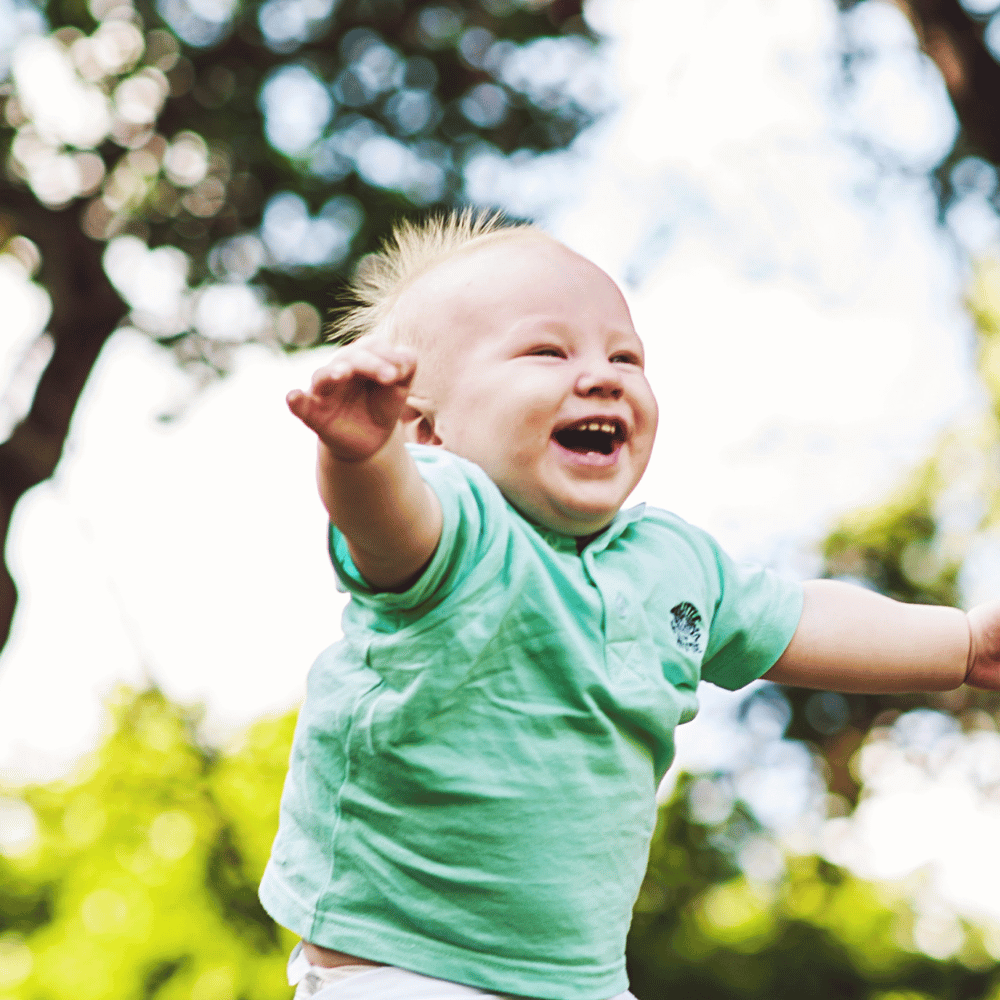
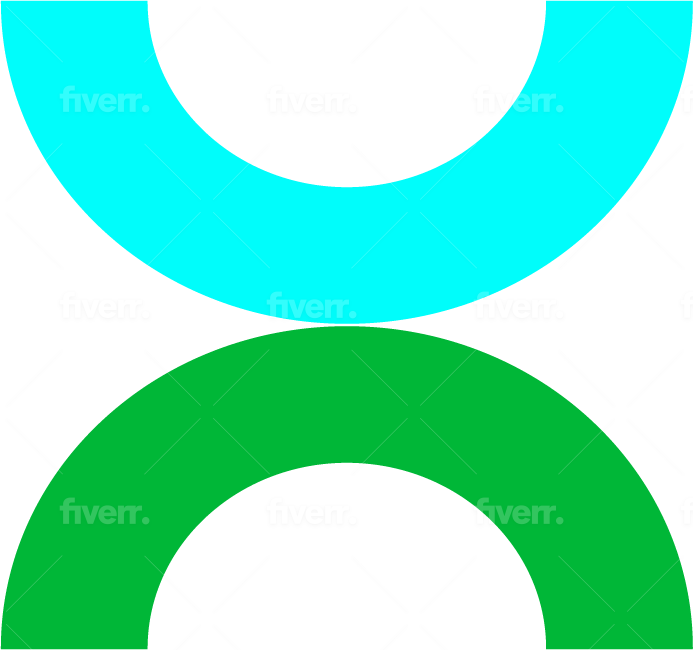



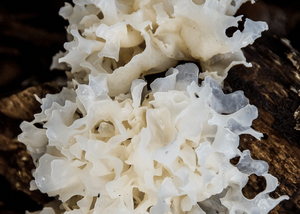
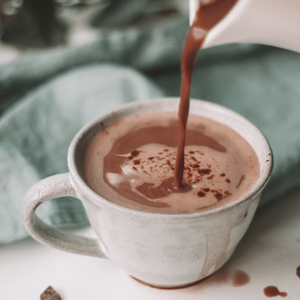

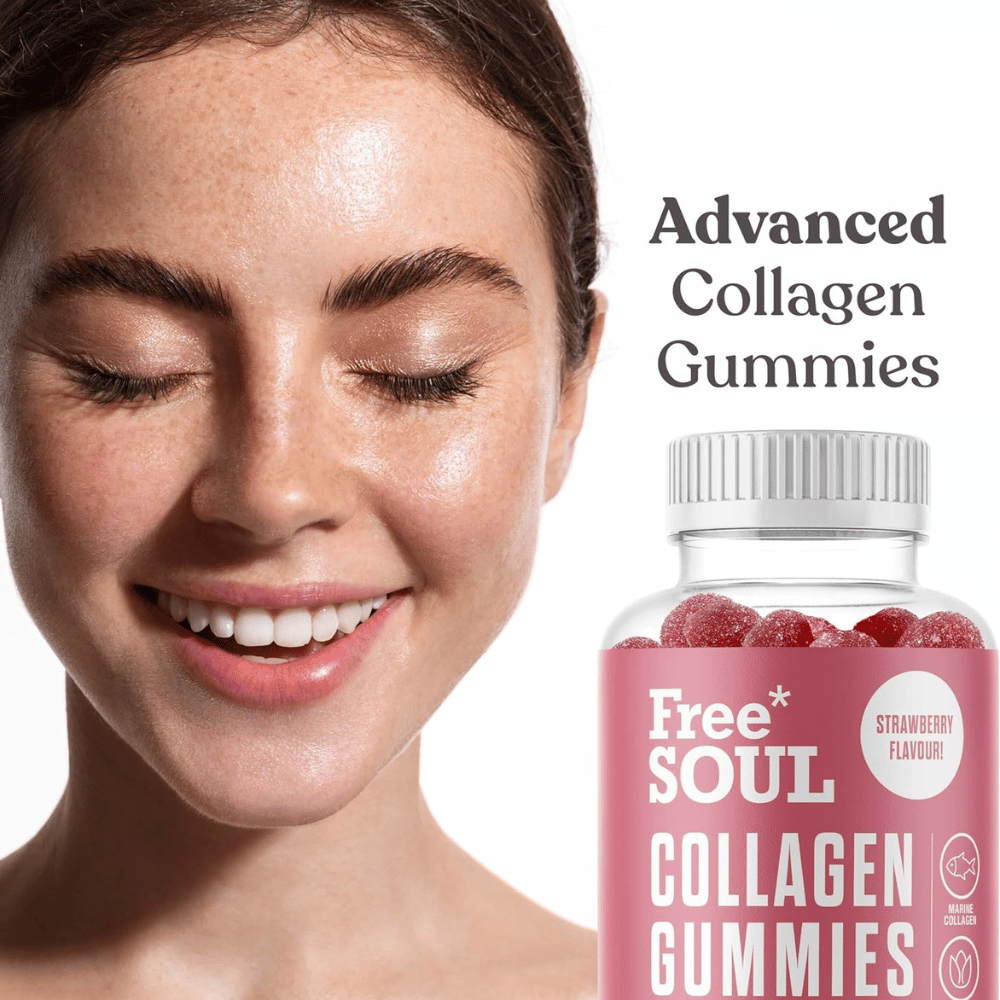


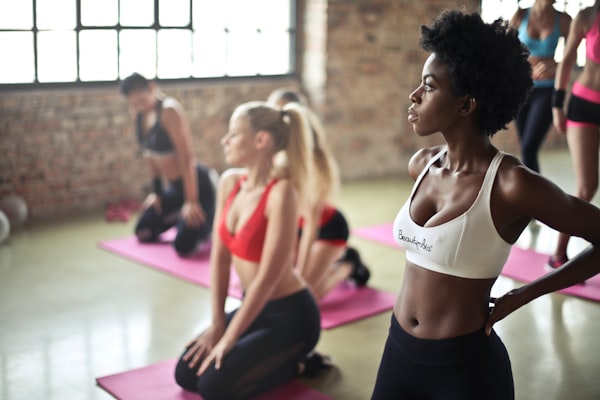
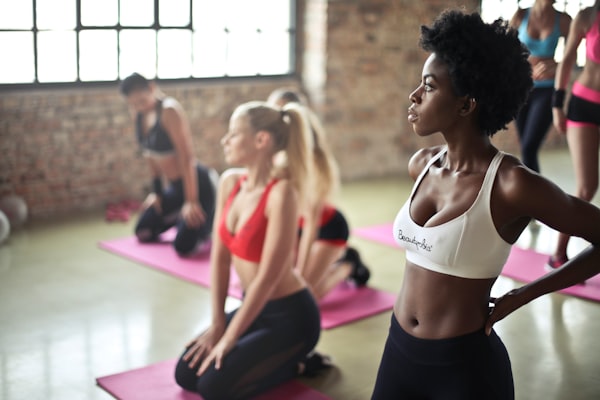
Member discussion